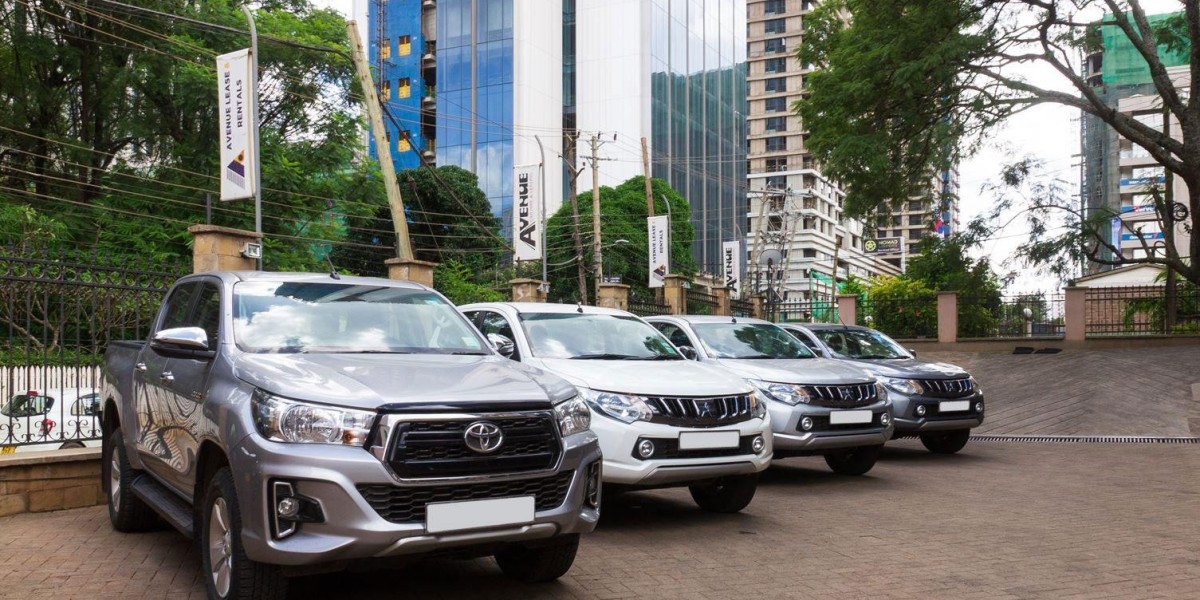Mathura, the birthplace of Lord Krishna, is one of the most sacred cities in India. Known for its rich cultural heritage, temples, and religious significance, Mathura attracts pilgrims and tourists throughout the year. While it can be visited any time, the best time to visit Mathura largely depends on your preferences for weather, festivals, and specific activities. Here’s a guide on when you should plan your trip to make the most out of your experience.
1. The Ideal Weather: November to March (Winter Season)
If you’re looking for the most comfortable weather, the best time to visit Mathura is during the winter season, from November to March. This period offers cool and pleasant weather, making it ideal for sightseeing and temple visits.
November to February: Winter months see temperatures ranging from 8°C to 25°C, which is perfect for exploring the city on foot without the discomfort of heat or humidity.
March: The temperature starts rising slightly, but it remains pleasant enough to enjoy your trip.
This period is particularly recommended if you wish to visit the famous temples of Mathura like the Krishna Janmasthan Temple, Dwarkadhish Temple, and Vishram Ghat. You can explore the local markets, enjoy boat rides on the Yamuna River, and visit nearby attractions like Vrindavan and Govardhan.
2. Festivals to Witness: Holi (March) and Janmashtami (August)
Mathura is synonymous with grand celebrations, particularly the festivals of Holi and Janmashtami. Both festivals are deeply rooted in the life and times of Lord Krishna, and the city comes alive with colors, music, and devotion during these events.
Holi (March): One of the best times to visit Mathura is during Holi. Known for its vibrant and unique celebrations, Mathura and the nearby town of Vrindavan become a hub of excitement. Holi in Mathura is an unparalleled experience, with thousands of people playing with colors, flowers, and water. The "Lathmar Holi" in Barsana, a nearby village, is especially famous and draws visitors from around the world.
Janmashtami (August): Another key time to visit Mathura is during Janmashtami, the birth anniversary of Lord Krishna. Celebrated in August, the festival features grand processions, devotional songs, dances, and special performances that narrate the life of Krishna. The temples are beautifully decorated, and the entire city is steeped in a festive atmosphere. While August is part of the monsoon season, the cultural experience during Janmashtami is unmatched.
If you're visiting Mathura primarily for its cultural and religious significance, timing your trip around these festivals will offer a unique and immersive experience.
3. Avoid the Summer Heat: April to June
The summer season, from April to June, is not an ideal time to visit Mathura. The scorching heat, with temperatures often exceeding 40°C, can make sightseeing quite uncomfortable. The dry weather and intense heat may hinder your ability to fully enjoy the city’s beauty.
However, if you do visit during this time, make sure to carry sunscreen, hats, and stay hydrated. Early mornings and late evenings are the best times for outdoor activities to avoid the intense daytime heat.
4. Monsoon Season: July to September
Mathura receives moderate to heavy rainfall during the monsoon season from July to September. While the rain does bring some relief from the summer heat, it can cause inconvenience for outdoor activities due to slippery roads and muddy conditions.
That said, if you enjoy the rains and wish to experience Mathura during the less crowded months, the monsoon season can still offer a different charm. The greenery around the city becomes more vibrant, and the Yamuna River swells with water, offering a scenic view.
If you're visiting during this time, it's advisable to carry rain gear and plan your itinerary around indoor activities like temple visits and enjoying local cuisines.
5. Why Winter is the Best Time to Visit Mathura
Overall, the best time to visit Mathura is during the winter season (November to March) due to the pleasant weather, making it ideal for sightseeing and enjoying the local attractions. The winter months offer the perfect blend of cultural activities, comfortable temperatures, and fewer chances of rain.
Additionally, planning your trip around festivals like Holi and Janmashtami will provide you with an unforgettable experience. The festive atmosphere, traditional rituals, and grandeur of celebrations during these events give you a glimpse of Mathura’s unique cultural and spiritual heritage.







